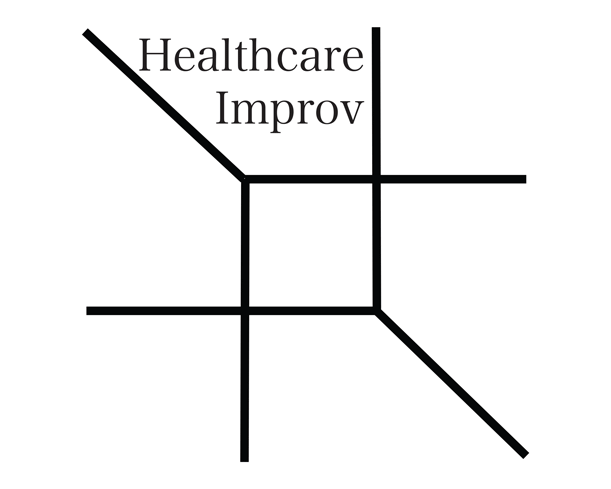The Lightning
We are back! What is this?!? I took several months off, now I am sharing on back-to-back days! Let us not ask why and bask in the warm light of words.
Today I start a whole month of service. This means that I come in and see patients every day for the month of April. My job is a Hospitalist (feel free to skip to the next paragraph if you don’t need a description). It used to be that you had a primary care doctor who would see you in clinic and then if you were sick enough to go to the hospital, that same doctor would see you early in the morning in the hospital or whenever possible throughout the day. Then a little over 20 years ago, the position of the Hospitalist was conceived as a doctor who would stay in the hospital and take care of the clinic doctor’s patients while they were in the hospital and let the primary care clinic doctor know what happened while the patients were in the hospital. This arrangement is now the predominant way that care is arranged in hospitals throughout the United States. It brought with it several upsides and a handful of downsides. The most notable downside that came with care from a Hospitalist was the idea of frequent hand offs in care. In the past, your doctor, even if he or she was not in the hospital with you the whole time, was your doctor who knew you and your health history. Now, I learn about patients in the morning and make medical decisions shortly thereafter. I am an Academic Hospitalist which means I work with a team of residents, interns, and medical students to take care of these patients in the hospital. An Academic Hospitalist has less direct patient care and much more teaching of the team members who are taking care of the patient. A private Hospitalist would be someone who mostly does direct patient care. I prefer to work one month at a time because I work with the same team the whole time and see it as an opportunity to push my teaching and patient care abilities to get better. I am excited for the month and to keep developing.
As a Hospitalist, there are opportunities to practice improv skills around every corner. The communication aspect with patients is such a key feature of my role. As mentioned above, I meet this stranger and then immediately start making medical decisions. Approaching each patient encounter like an improv scene where I need to get on the same page as quickly as possible has been very helpful for me. There was a recent podcast where Kelly Leonard, the Executive Director of Learning and Applied Improvisation at Second City Works, describes the challenges of being a patient meeting so many healthcare professionals. He describes how he and his wife had a routine they would go into with each new healthcare provider to help everyone immediately get on the same page (link to podcast). It reminded me of how I first started using the items I learned in improv practice to get on the same page with my patients. In improv class, we would practice finding out immediately the who, what, and why within 3 lines of a scene. Taking that practice to the bedside made a big difference in earning the trust of my patients. The practice of improv can help me in any situation where I need to form a bond quickly and effectively.
Also, as a Hospitalist, I view myself as a primary care doctor in the hospital, meaning I interact with multiple subspecialists and all the different types of healthcare providers. They each have a different perspective on patient care and practice styles. Remaining curious about what is best for the patient has helped me learn more and provide better care for patients. A skill that is nurtured by practicing the skill every time I step out on the stage with a limited idea of what is going to happen. The practice of improv helps me blend the approaches of multiple different people to determine the best course.
It was not clear that I was going to be a Hospitalist when I was younger (the role didn’t exist actually) or even when I started my residency. It certainly wasn’t clear that I was going to be an improvisor as I started my career as a physician. I think both of those activities complement and support each other very well. I am thankful that I get to be a doctor and use the skills from improv to become a better teacher to future doctors and provide the best care I can to my patients. I am excited for what the month will bring. Happy Friday!

